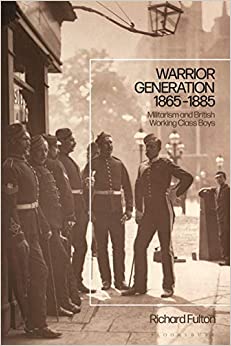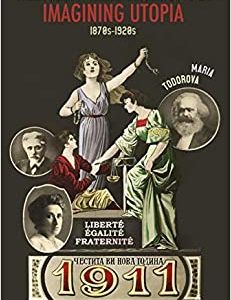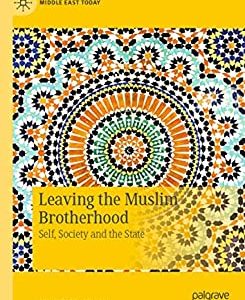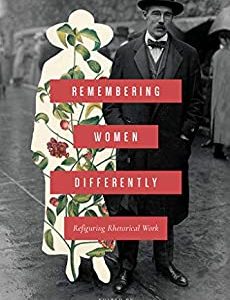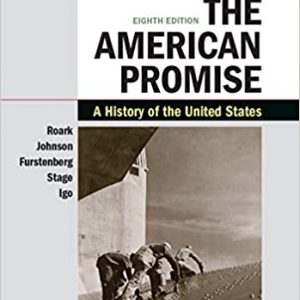Richard Fulton's Warrior Generation 1865-1885 fundamentally rethinks the efficacy of an institutional drive among influential middle-class opinion leaders to militarize lower-class boys in Victorian Britain. He contends that instead of engendering the desired cultural militarism, as has been commonly argued, their push had merely contributed to a fast-developing culture of adventure and masculinity.
Challenging this popular assumption, Fulton carefully reexamines many of the oft cited touchstones of militaristic influence on lower-class boys, deeply assessing their actual effects on the behaviours and cultural practices of this generation. He explores a range of themes from, among others, the propagation of the military's message in school curricula (and its glorification in students' textbooks), to the military's heroic depiction and ubiquitous presence in lower-class boys' entertainment and popular media.

